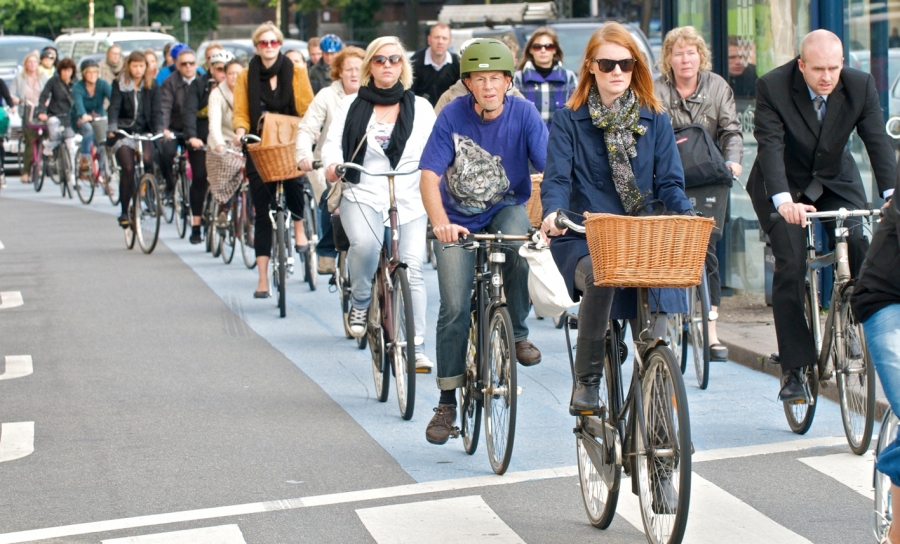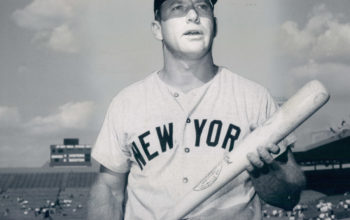When I got back on the bicycle after an absence of years, it made me feel young again.
The following written content from Frank O’Shea

It was a delusion of course, but what is life without a few delusions? The first thing I noticed was that my bike seemed to be quite different from the others on the cycle path; my fellow cyclists looked at me with a mixture of pity and disdain as they breezed past.
A kind lad slowed down to talk to me and explained that his grandfather used to have a bike like mine. The end of the conversation was not encouraging: “He’s dead now, of course.”
I put up with the scoffing and returned home with a feeling of health and youthful vigour. And some unhappy muscles that made me promise that I would take it more slowly from then on. Promises. Promises.
You’re on a bike and there’s someone fifty metres ahead, so you do what any normal man would do and set out to pass. She seems to sense this and pulls away with little effort. And that summarises your cycling experience: trying to overtake people at an age when overtaking is no longer one of your skills.
We oldies who try to go back to the bicycle still hear the sound of rubber on asphalt, but it is a different tune. We would still feel the wind in our hair if we had hair and did not have to wear those damn helmets. Anyway, it is not the same wind and it is not the same face.
“My spirits flew in feathers then,” as Thomas Hood put it, but that shining, unshaven face is gone beyond all overtaking.

I tried to trade in my bike for a newer model. That look of youthful sympathy on the cycle path was a small pity compared with the scorn I faced at the bike shop, partly at my lack of cycling vocabulary but mainly when I used the word “Raleigh”. And then there was the trouble I had trying to buy bicycle clips.
I suspect that there was an element of ‘send the fool further’ about the way I was received in various places where bicycles are sold.
The problem is that the bicycle is like time: it won’t go backwards. In the saddle, all men (and women) are equal, but the youth that is gone is far in front and refuses to come back. Read more from Theage





